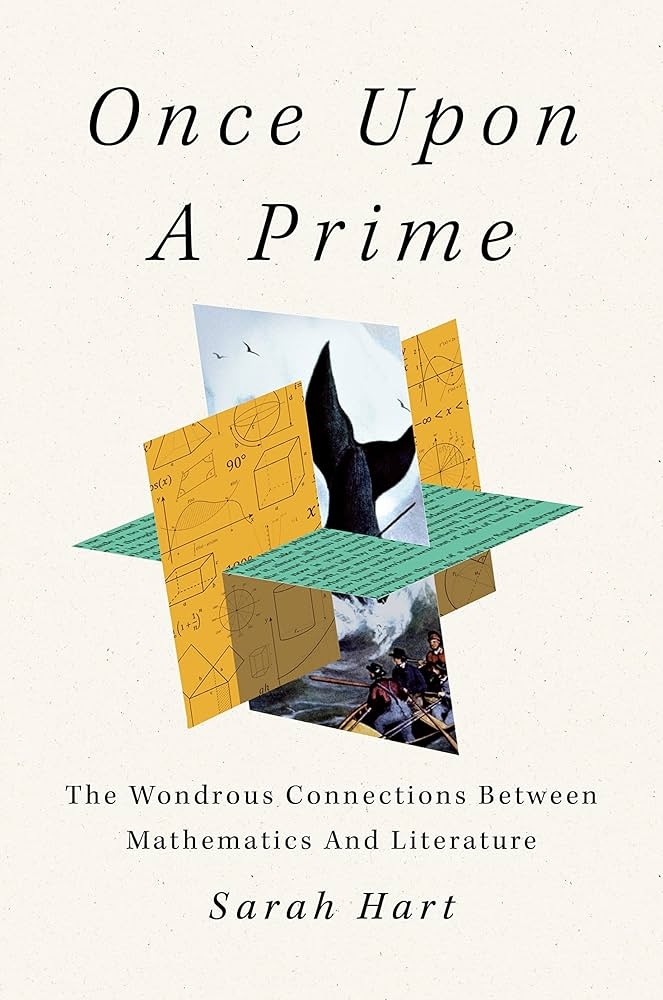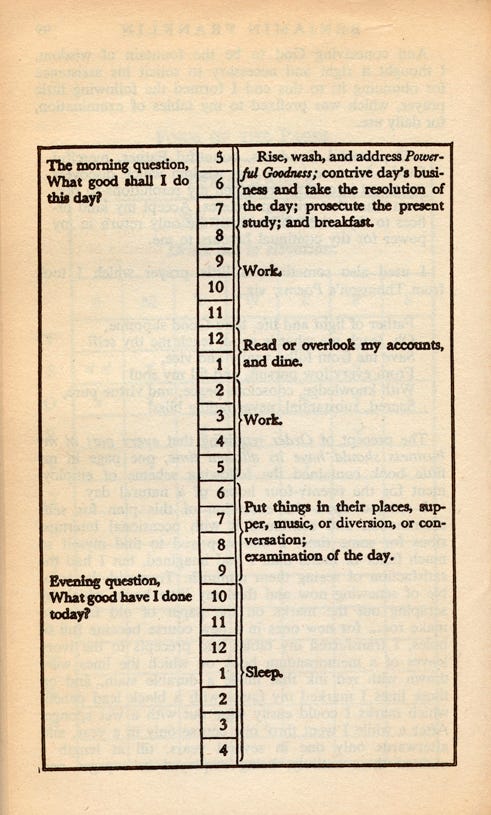#32: Decisions, Dots, Nietzsche on Regret
Hello from a rainy New York
I’m back from a hiatus of not publishing here at all in the last six months. A lot has happened, even though from a bird’s eye view nothing that is externally visible about my life has changed. On a closer look, one may discover the intangible, unmeasurable growth of my mind, its faculties and wisdom. Or so I can hope.
I just started working on an essay where I explore different ideas, philosophies on decision making attempting to combine ideas from figures throughout history: Are Robert Frost (poet) and Russ Roberts (economist) saying the same thing? Would Naval & Nietzsche look at life decisions the same way? Do Ray Dalio’s principles for decision making align with Marcus Aurelius’? I’m finding common ground, the more I reflect on all the different philosophies that have been put forth. Equally, I’m finding more nuance in every one of them. The essay will be an attempt at synthesis.
Assorted Box Of Ideas
Ought v/s Should
Do you feel like you ought to do it OR only that you should do it?
‘Ought’ comes from a place of desire, necessity and devotion. It’s something you cannot avoid.
‘Should’ comes from a place of obligation and extrinsic motivation.
I will add: when you have an ‘ought’, more of than not, you will just know. There won’t be a need for pros/cons lists or fact finding or talking through. You will know. Just a matter of listening to that voice.
Nietzche on Regret:
“Never yield to remorse, but at once tell yourself: remorse would simply mean adding to the first act of stupidity a second” ~ Nietzche
On Connecting the Dots
Via @tylerbruno05
German Philosopher Arthur Schopenhauer on not living in expectation
In case you needed a reminder : Life is happening now. Not memories of the past nor in some distant future.
Currently Reading:
Once Upon a Prime - The Wondrous Connections Between Mathematics and Literature
As someone whose favorite subjects in school were Math and English, this book is an intellectual delight. Dr Hart dives into the several aspects of literature and math, finding some obvious and non obvious connections.
The Geometry of Narrative:
“X represents the story’s chronology from beginning (B) to end (E), and Y represents the protagonist’s fortune from good (G) to ill (I). Map the rise and fall of your character’s fortune over that B to E time scale and—hey presto—you have yourself a bonafide story shape.”
Iambic pentameter, which is found all over in Shaksepeare’s plays
Iamb: a two syllable phrase of which the second syllable is stressed
“Penta” means five, hence iambic pentameter has ten syllables, with the second one in each pair being stressed.
… I could go on summarizing the many fascinating tidbits from the book - but if you’re a former math nerd or a literature lover, I recommend you check out the book.
I also just picked up Ben Franklin’s autobiography. His daily routine has of course been written about by all the productivity & self help creators out there. I love the simplicity of it and the language: in the morning, “Contrive day’s business and take the resolution of the day”. In the evening, “put things in their places, examination of the day.”.

Until Next Time,
Manan
p.s. -
If you like this, please subscribe and share:) hopefully I will keep going more consistently.
Email me any thoughts, comments, questions





